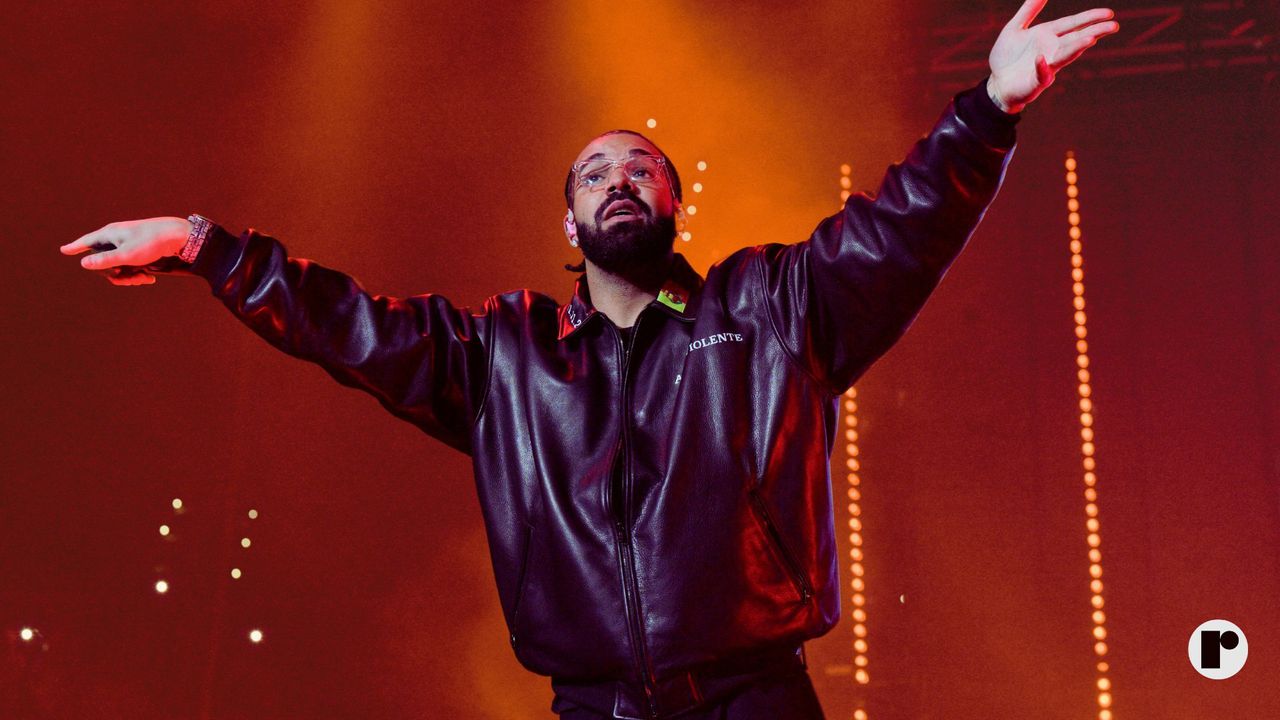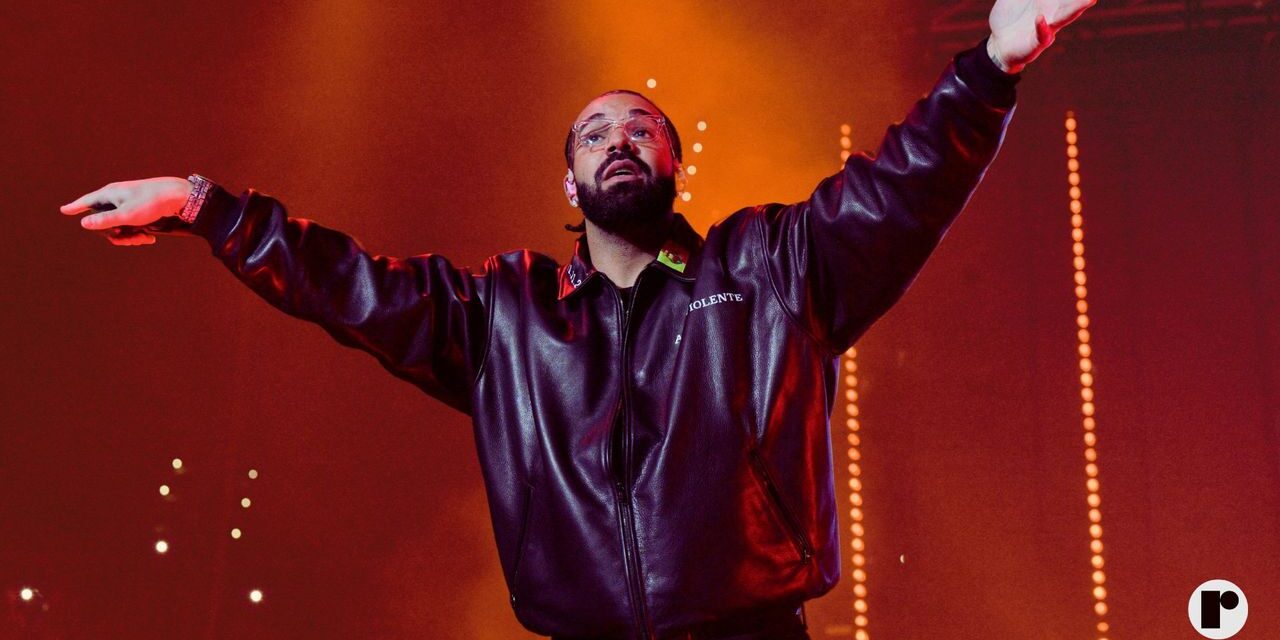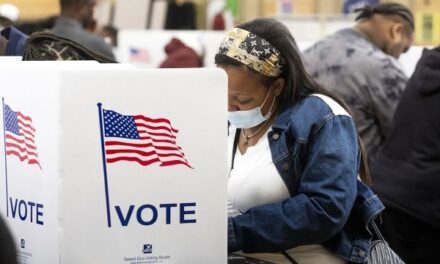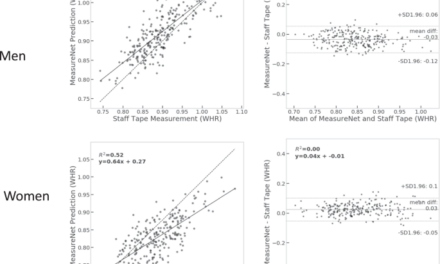
Last week, Drake released his 8th studio album, “For All The Dogs” and it’s been met with mixed reviews.
Pitchfork stated that “the music can’t save him from himself,” while Rolling Stone said that there is “evidence of a good album” with its “turn-up ragers” and “melodic slow jams.” But it seems like it’s more good than bad: the album is currently Drake’s lowest rated album, with a score of 52 on Metacritic, and many are criticizing his misogynist lyrics.
One of the more controversial songs on the album, “Fear of Heights,” for example, is one where he talks about rumored ex-girlfriend Rihanna.
He says, “Yeah, and the sex was average with you / Yeah, I’m anti ‘cause I had it with you … / And I had way badder b******* than you, TBH.”
In the song, Drake also calls her average, that he has had hotter girlfriends, and that her life is predictable without provocation.
But this isn’t the first time he’s being accused of disrespecting other Black women. Drake has been criticized over the last two years for his misogynistic lyrics towards other Black women as well, including Megan thee Stallion.
“Since these Black women are symbols of Black excellence, Drake’s attack on them is tantamount to diminishing Black women’s strength and voice and attempting to reinforce toxic masculinity,” Dr. Esther O. Ajayi-Lowo, women’s studies professor at Spelman.
Drake is not the only artist in the hip hop industry who has been accused of misogynoir, which is the “hatred of, aversion to, or prejudice against Black women.” In fact, misogynoir is a systemic problem in the genre, dating back to the 1990s when rappers Snoop and Dr. Dre were criticized for calling women b*tches and h*es, to artists today like Future, whose lyric “tell Steve Harvey I don’t want her” references ex-girlfriend Lori Harvey.
Despite Drake’s recent announcement that he is taking a break from music for health reasons, the accusations of misogyny surrounding him and his music persist, underscoring the need for a broader conversation about these issues in the industry.
Here’s what we know:
Drake tried to humble thee Stallion
One of the biggest moments of misogynist behavior that put Drake in the spotlight was last year’s drama with rapper Megan thee Stallion.
In August 2020, Megan thee Stallion was shot in the foot by rapper Tory Lanez after a pool party. Lanez was sentenced to 10 years in prison in August 2023. Megan is one of the biggest names in the rap game, winning several Grammys including best new artist and best rap song with Beyoncé in 2019. When she was shot by rapper Tory Lanez, fans, her peers, and beyond came to her support and called for Lanez to be put in prison.
Drake showed constant support to Lanez even after his sentencing. He references the shooting as a “punchline” in his song “Circo Loco” (“This b***** lie ‘bout gettin’ shots, but she still a stallion”).
By writing this lyric, Dr. Jeanelle K. Hope, African American studies professor at Prairie View A&M University in Texas, argues that Drake attempted to put Megan and other women like her in their place due to the sexism, proliferation of violence against women, and misogynoir win hip-hop.
The rapper’s been a “rude boy,” not a “nice guy”
The “nice guy” is someone who believes that maintaining positive social behavior with people around them means that they deserve love, sex or adoration.
Drake has had a pattern of surface level relationships with the women around him in order to maintain relevance, according to Dr. Hope.
He got cozy with rising superstar Sexxy Red and invited her to open for his recent tour, “It’s All A Blur.” And he gave a speech to Rihanna for her 2016 Vanguard Award win, where he unnecessarily confessed his love for her. And where Rihanna hit a dab and curved him multiple times trying to grab her award from him.
The artist has continued to reference Rihanna to this day, shading her in his most recent album. These characteristics are typical with the “nice guy” trope that Drake has tried to maintain throughout the years.
“Drake’s lyrics regarding his supposed relationship with Rihanna also gesture towards major themes and issues we see play out in the Black manosphere and incel spaces. Men aren’t processing their breakups, and when they do, too often they lash-out at the women who dared to tell them ‘no’ or expressed disinterest,” Dr. Hope said.
His influence on incel culture
Researchers in 2022 studied a group of men, some who are incels, or men who blame women and society for not finding a romantic relationship. They found that the incels are more likely to hate women than the men who aren’t incels. This is even after the person’s personality is taken into account.
Dr. Hope points out the subliminal incel messaging behind his album titles (ex. “Her Loss,” “For All the Dogs,””If You’re Reading This It’s Too Late,” etc.), which “act as dog whistles to a male audience that is invested in discourse that ultimately seeks to reassert patriarchy.”
University of Arkansas political science professor Dr. Janine A. Parry has also found that this issue is only made worse when considering the much deeper rooted issue of women placing the interests of the men around us over their own. An even bigger issue for women in minority communities, it is an expectation for women to have to deal with mistreatment.
“That’s doubly true for women of non-majority identities…Somehow mistreatment is something women are expected to endure…” said University of Arkansas political science professor Dr. Janine A. Parry.
Enough is enough
Black women are among the most educated and active groups in the country, with high rates of college graduation and community involvement, according to a 2020 study by the National Center for Education Statistics. A 2022 study found that “40% of Black women considered themselves activists and 56% were “involved with an organization created to support the Black community.”
Despite the innovations and work that Black women have done for society, they are still being attacked in person and online. For example, a 2020 study by The Guardian found that five Black girls and women were killed every day that year.
Actions and lyrics from artists like Drake can perpetuate misogyny and the current violent culture in rap, but work is being done to fight back, according to Dr. Hope.
Black female rappers such as Latto are calling out the cruelty and sexism that they have faced in the industry. The door is opening to have a larger discussion about what needs to change in the rap industry and beyond.
“Black women are one of the most marginalized identities in the culture…There needs to be a sustained and widespread effort to end the cancer of misogynoir (coined by Moya Bailey) in society…,” said musician and literary studies scholar Dr. Elaine Richardson.
From the beats of Missy Elliot to the vibes of Lil Nas X, there’s something for everyone while also supporting more positive rap. And when it comes to Drake, all that can be done is hope he changes for the better in the future.
“I hope that [Drake’s] music eventually evolves in similar ways that some of his older peers have,” said Dr. Hope. “I’d love to hear more about Drake being a father, issues that he’s encountered as a 30+ year old, more about his identity, and an exploration of his politics. Ultimately, he has to grow as an artist and stop relying upon women and manosphere rhetoric for shock value to generate more streams.”





